Privacy in Motion
We deserve more when it comes to privacy. Midnight pioneers a radically different path, leveraging zero-knowledge cryptography to forge a future where utility doesn't compromise rights, and access is fairly distributed across ecosystems.
Explore stories about the complex relationship with personal data and privacy in this media series from Midnight, in collaboration with Brave and Coindesk.
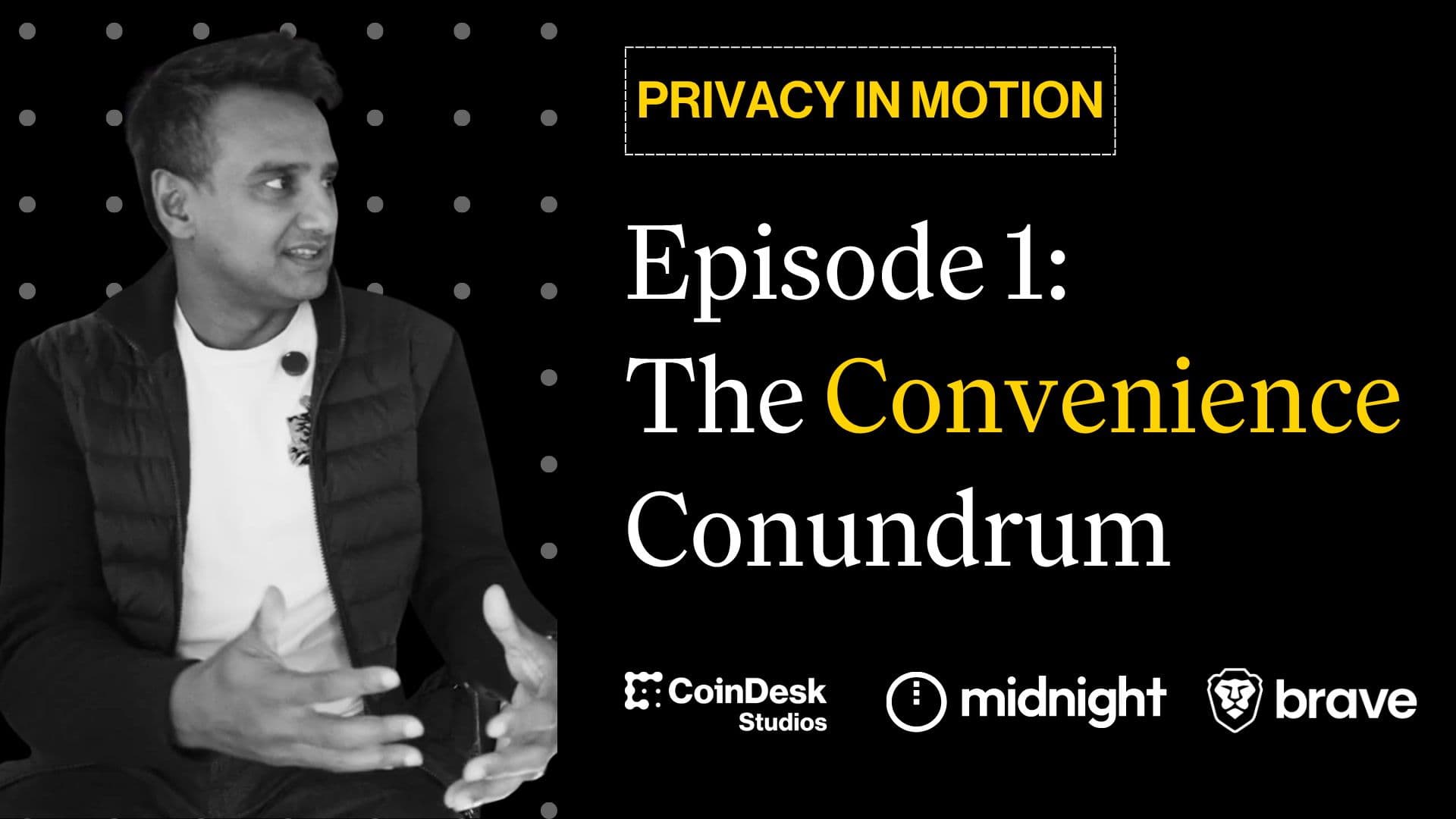
The Convenience Conundrum
In this episode, we explore how people consistently choose digital convenience over privacy protection. With key thought leaders and featuring street interviews that reveal the gap between what people say they value and their actual online behavior. We examine why true privacy solutions remain inaccessible to most users, the concerning opacity of AI data usage and the need for better education about the real costs of our data exchanges.
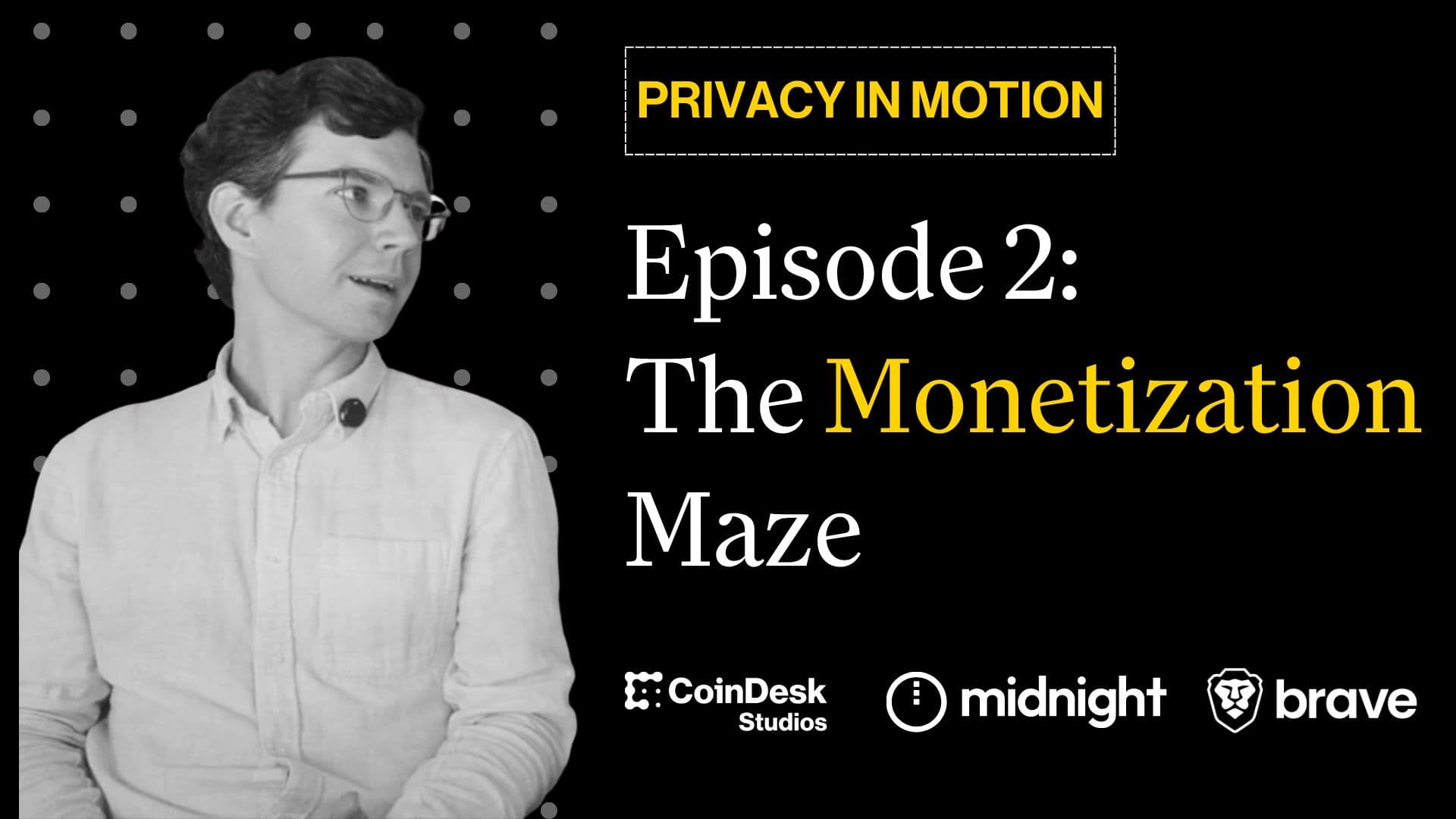
The Monetization Maze
This episode exposes how tech giants like Meta and Google have turned your personal data into their most valuable resource, worth billions of dollars while users receive nothing in return. Episode two examines the true cost of "free" platforms and touch on emerging technologies that could give people real control over their digital worth.
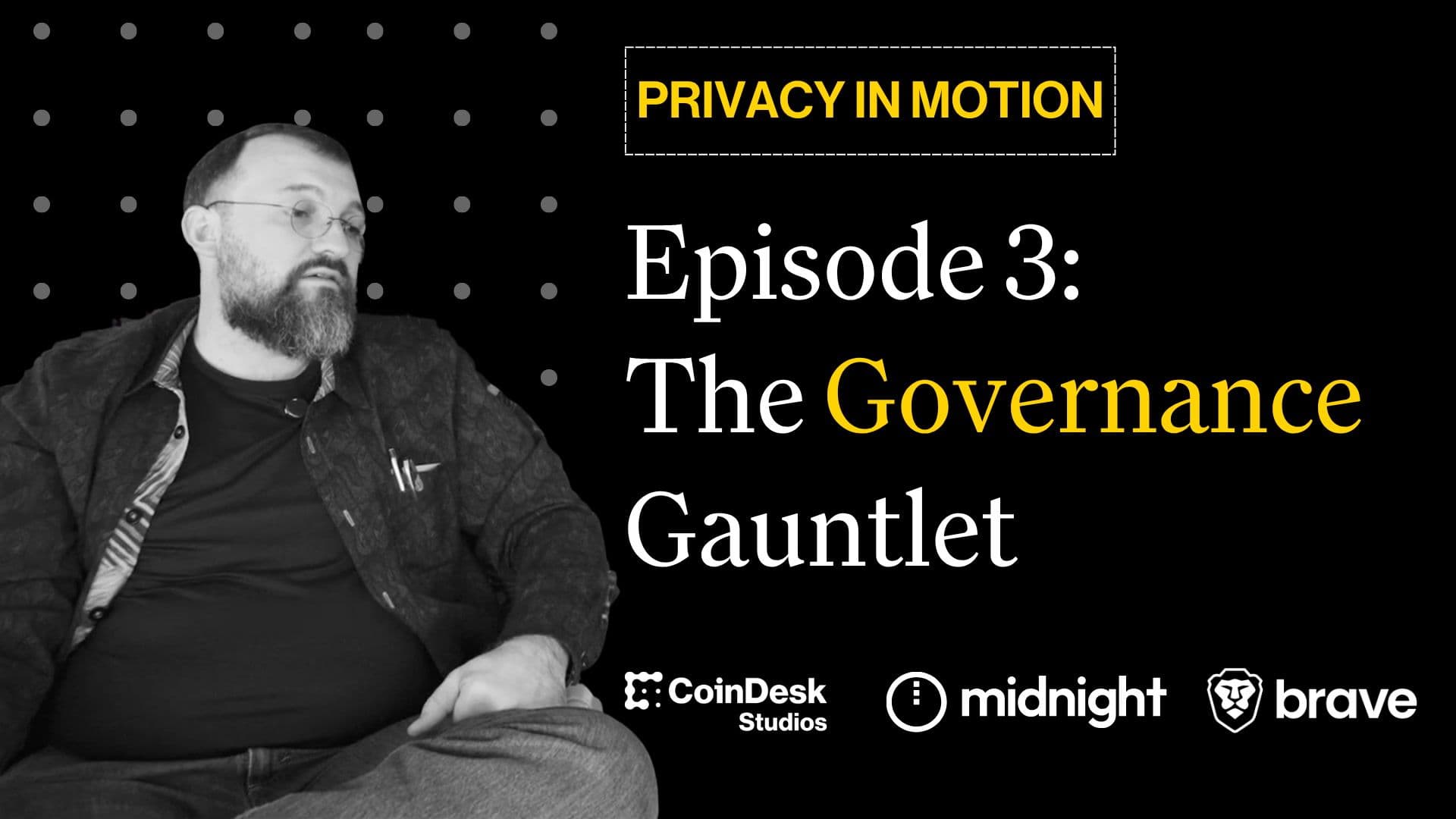
The Governance Gauntlet
In episode three of "Privacy in Motion", we tackle the complex question of who should control our digital lives—governments or tech giants—through candid interviews exploring whether either can truly be trusted with our personal data. The video examines how surveillance capitalism has evolved from search engines to AI-powered systems that know us better than we know ourselves, while experts discuss whether traditional laws can protect us in an age of instantaneous communication and mass data collection.
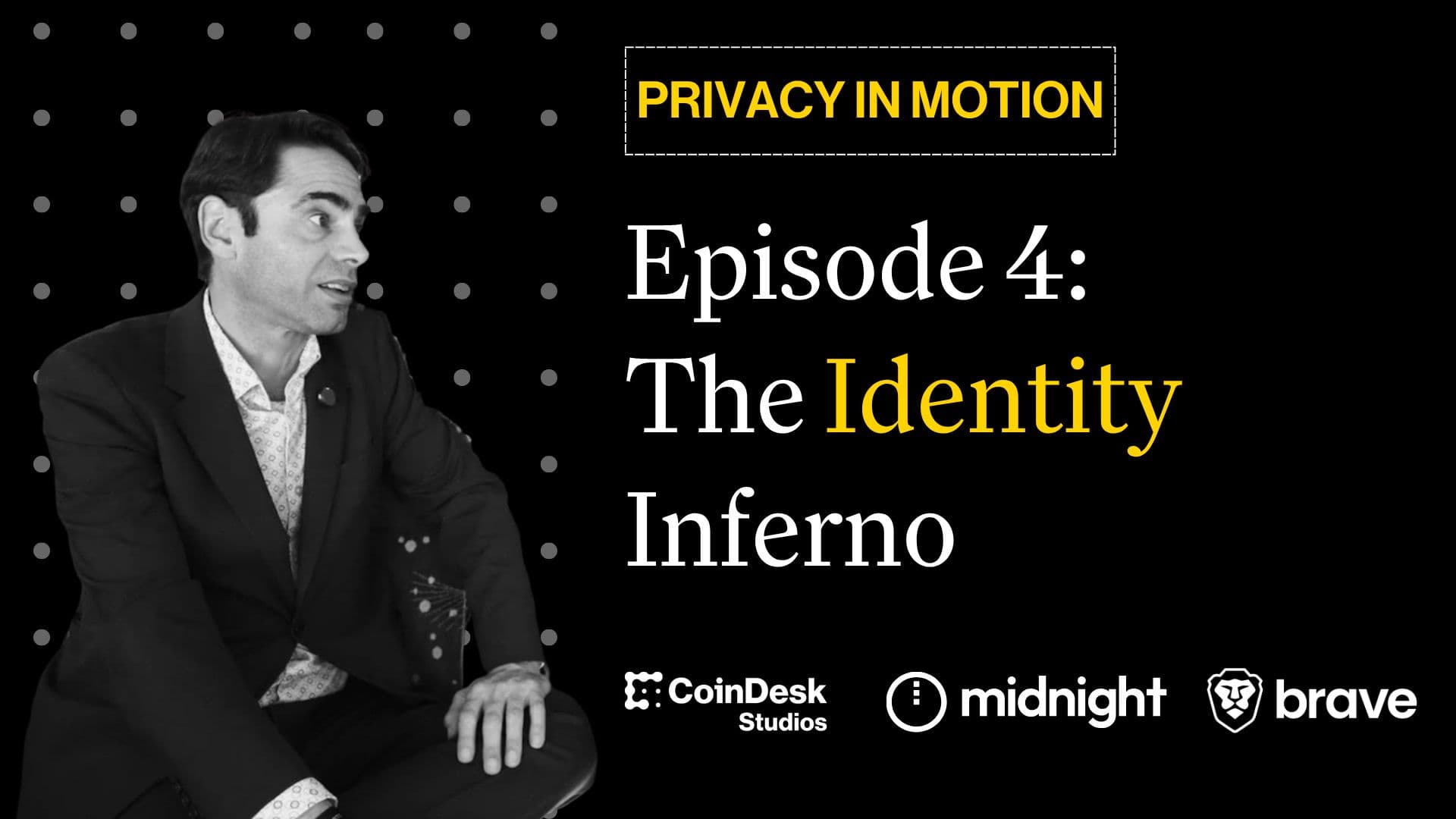
The Identity Inferno
In episode four of "Privacy in Motion", we confront the invisible nature of digital threats and examine how scammers, platforms and everyday users are caught in a quiet arms race. Through candid stories of privacy failures, experts and users emphasize the need for awareness and cultural change while introducing a new hybrid model that redefines privacy by enabling secure data sharing beyond the traditional public-private divide.
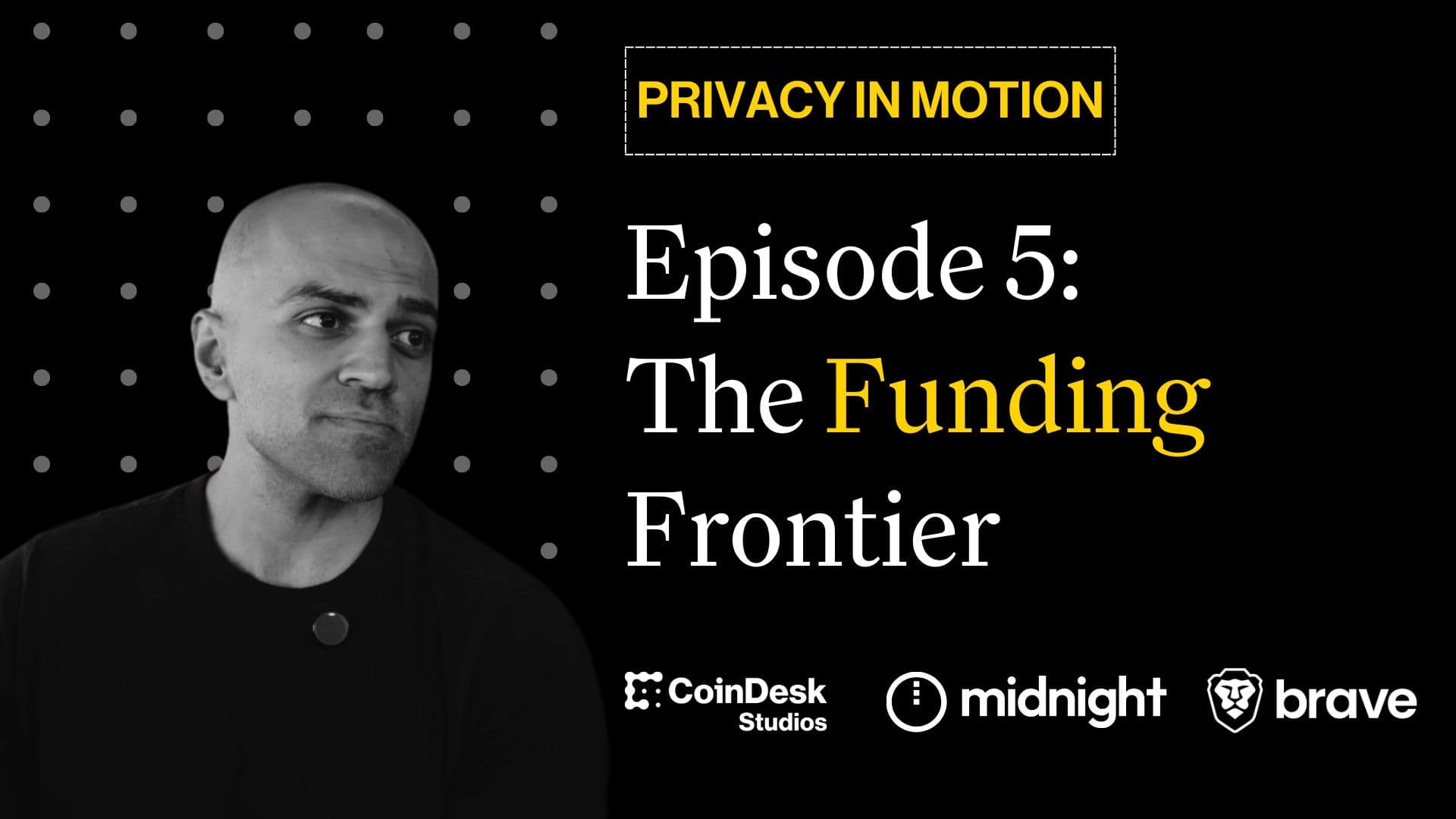
The Funding Frontier
In this episode of Privacy in Motion, we confront why true digital privacy remains costly and elusive, leaving many resigned to constant surveillance. We explore how privacy must become cheap and seamless before users will fully embrace it—and what it will take to reach that “flip the switch” moment. As emerging technologies promise change, we ask whether privacy can finally become a right, not just a luxury.
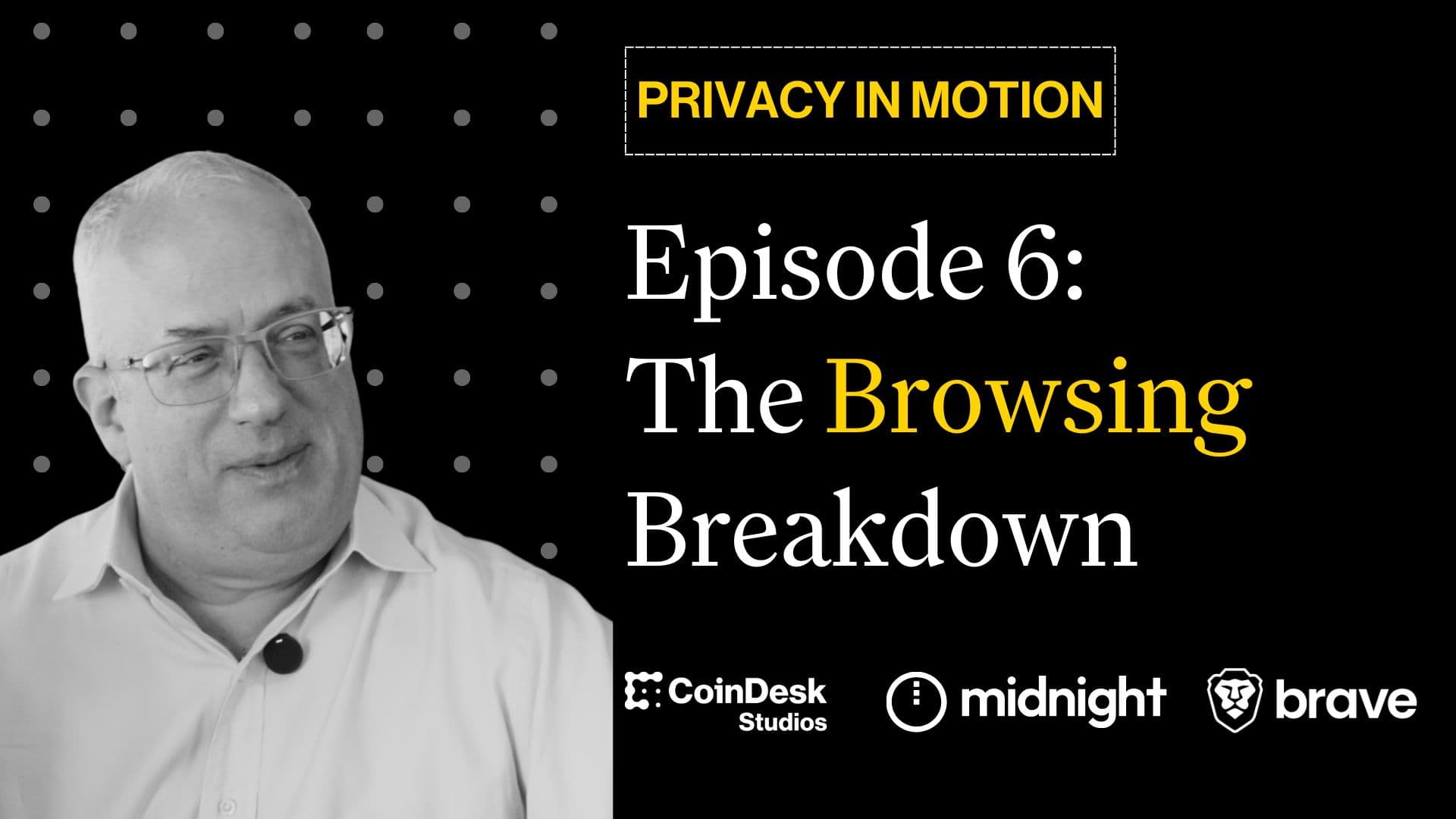
The Browsing Breakdown
In Episode six of Privacy in Motion, Brendan Eich, Founder of Brave and a pioneer of the internet, joins us to explore why protecting digital privacy means rethinking the very foundation of the internet. From blocking invasive tracking by default to building new economic models that prioritize privacy, we examine how Brave challenges the surveillance economy and pushes for a digital world built on trust, transparency, and user choice. As the internet evolves, can we finally make privacy a reality—not just a privilege?
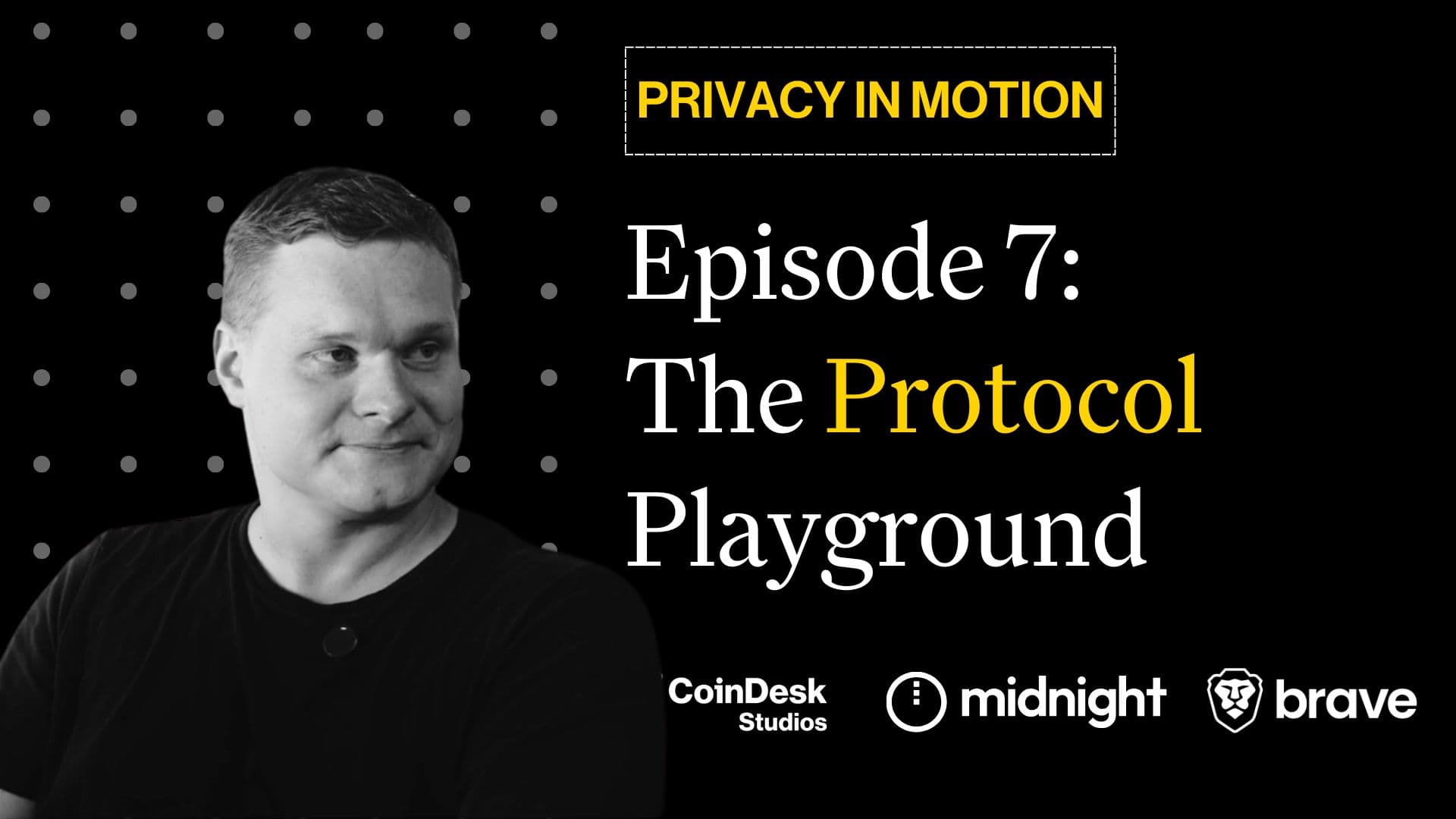
The Protocol Playground
In this episode of Privacy in Motion, we explore the dark side of centralized AI and its growing influence over our digital lives. As a handful of powerful corporations gain control over AI systems, what does this mean for privacy, autonomy, and the future of personal freedom? Could we be heading toward a digital dystopia—a modern-day 1984?
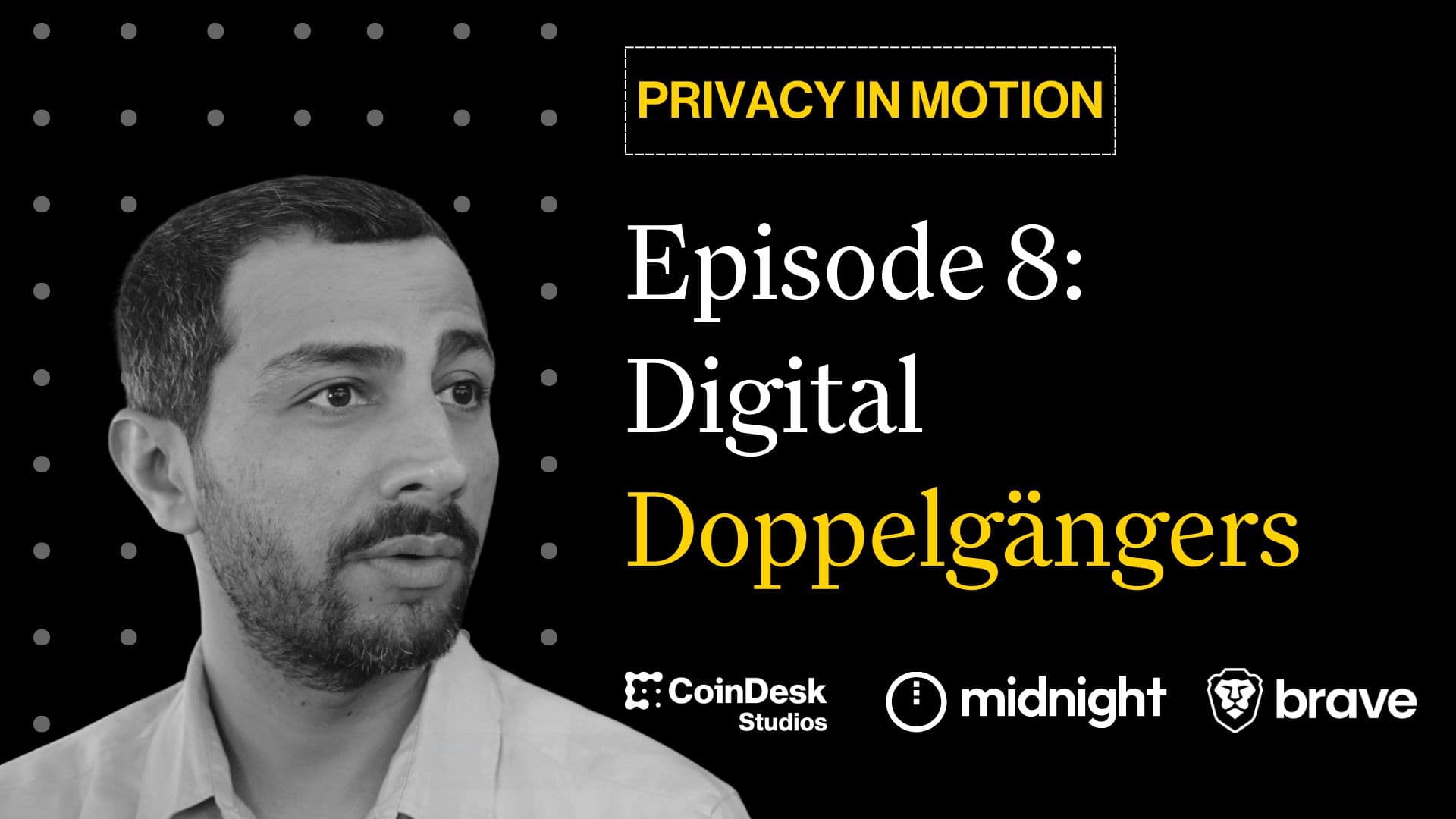
Digital Doppelgängers
In this episode of Privacy in Motion, we explore how your digital identity is fragmented, public, and increasingly out of your control. As privacy fades from default to afterthought, Bitcoin Layer 2s are emerging as tools to reclaim both scalability and sovereignty. From programmable privacy to institutional adoption, we examine the future of identity in motion—and whether the Cypherpunk vision still has a pulse.
Break Free with Midnight
The transparency of traditional blockchains forces a difficult choice: utility or privacy. Midnight empowers innovators to break free from this limitation, to a place where privacy is not just a feature, but foundational.
